Did you know you can earn interest on your money and get to keep it, tax-free?
The personal savings allowance (PSA) is a tax-free allowance that allows UK residents to earn up to £1,000 in interest, tax-free.
The PSA covers interest earned from:
- bank accounts
- savings accounts
- credit union accounts
- building society accounts
- corporate bonds
- government bonds
- gilts
It includes interest earned on pounds and other currencies held in UK-based savings accounts.
Your allowance depends on your income tax rate.
- Basic-rate taxpayers (20%) have a £1,000 tax-free allowance
- Higher-rate taxpayers (40%) have a £500 tax-free allowance
- Additional-rate taxpayers (45%) don’t get an allowance
And to clear up one common question…the allowance is the interest earned not the amount deposited into the account.
So if you’re a basic-rate taxpayer and your savings accounts earn less than £1,000 in interest in a tax year, you don’t have to pay any tax on it.
As interest rates on savings accounts have been quite low in the previous years, you’d need to have tens of thousands of pounds in savings to exceed the £1,000 PSA limit and start paying tax on your interest.
Most UK savers (around 95%) don’t pay any tax on their savings interest because of the personal savings allowance.
This allowance is separate to other allowances like your ISA allowance.
